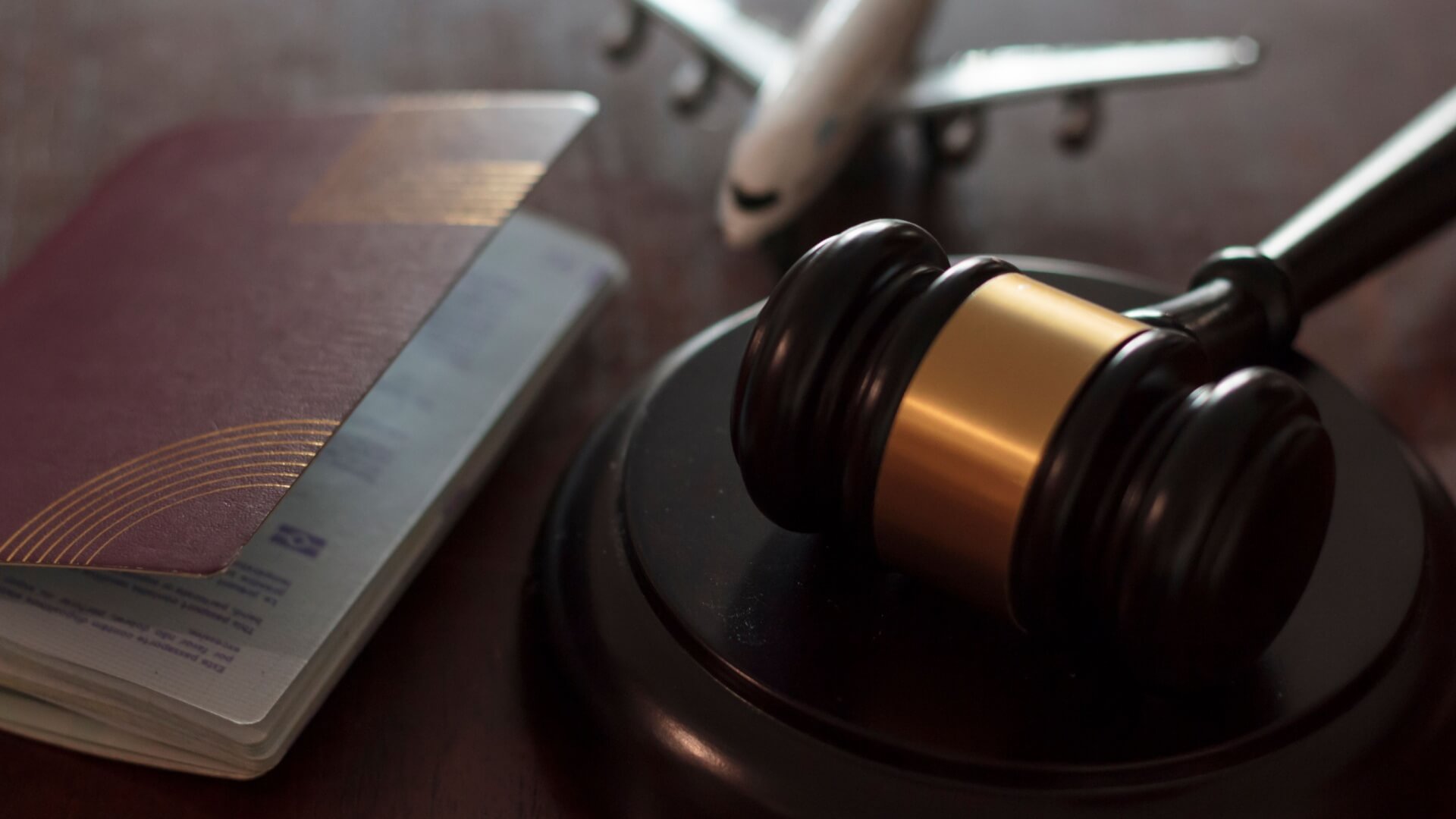Enforcing Foreign Judgments in Saudi Arabia
Enforcing Foreign Court Judgments in Saudi Arabia
International trade and investment come with their fair share of complexities, especially when legal disputes arise. If you’re a foreign business or investor dealing with a favorable court ruling in your home country, you may wonder how enforceable that judgment is or will be if you want to invest in the Kingdom of Saudi Arabia.
The business law team at Khalaf Bandar | International Advisors PLLC will explore whether foreign court judgments can be enforced in Saudi Arabia. As we do, we’ll highlight the relevant legal framework and guide you through the process. This way, we can empower you to make informed decisions about business dealings in this flourishing economy.
What Do You Need to Know About Foreign Court Judgments?
Foreign court judgments are legal rulings issued by courts in one country that may need recognition or enforcement in another. They are common in international trade and disputes because global business often transcends borders, involving parties subject to different jurisdictions.
For businesses, enforcing foreign judgments ensures accountability and upholds contracts across borders. For international investors in Saudi Arabia, knowing how this process works is key to protecting legal rights and navigating disputes.
Yet, it’s crucial to note that countries differ widely on how and whether they recognize and enforce foreign judgments. Saudi Arabia, deeply rooted in Sharia Law, applies specific legal principles that foreign parties must understand.
What Countries Will Saudi Arabia Consistently Enforce Summary Judgments From?
The countries that Saudi Arabia has reciprocal arrangements with for the enforcement of judgments include:
- Algeria
- Bahrain
- Djibouti
- Egypt
- Iraq
- Jordan
- Lebanon
- Libya
- Mauritania
- Morocco
- Oman
- Palestine
- Qatar
- Somalia
- Sudan
- Syria
- Tunisia
- United Arab Emirates
- Yemen
These arrangements were established with the Riyadh Convention of 1983.
Conditions for Enforcing Foreign Court Judgments in Saudi Arabia
Saudi Arabian courts do allow for the enforcement of foreign judgments, but the process is not automatic. A foreign judgment must meet specific criteria to be recognized and enforced within the Kingdom:
1. The Principle of Reciprocity
Saudi law adheres to the principle of reciprocity. This means Saudi courts generally enforce a foreign judgment only if the country where it was issued also enforces Saudi judgments. For example, if a judgment issued in Saudi Arabia would not be enforced in the foreign country in question, Saudi courts are unlikely to enforce that country’s judgment, even if they have an arrangement together.
2. Compliance with Sharia Law and Public Policy
Saudi Arabia’s legal system is based on Islamic principles, meaning foreign judgments cannot contradict Sharia Law or the public policies of the Kingdom. This excludes rulings that include interest rates (considered usury under Sharia) or other practices not permissible under Islamic law.
3. Proper Notification
The defendants in the original case must have been properly notified about the legal proceedings and allowed to defend themselves. This ensures the fairness of the judgment.
4. Finality of Judgment
The foreign judgment must be final and non-appealable. Interim rulings or decisions still open to appeal in the issuing country are less likely to be recognized in Saudi Arabia.
5. Review by a Saudi Court
Even if all prior conditions are met, a Saudi court must still review the foreign judgment to verify compliance with these criteria. This is required before enforcement within Saudi Arabia.
Successfully navigating these conditions typically requires legal attorneys due to their complexity and the cultural nuances of the Saudi legal system.
The Process of Enforcing Foreign Court Judgments in Saudi Arabia
If your foreign court judgment satisfies the conditions above, the next step is applying for enforcement through a Saudi court. Here’s an overview of the process:
1. Hire a Local Lawyer
Navigating the Saudi legal system requires knowledge of local laws, language, and procedures. Hiring the experienced business law attorney at Khalaf Bandar | International Advisors PLLC who understands both local and international legal dynamics is essential.
2. Submit an Enforcement Application
File an application with the Saudi Enforcement Court. This application must include translated and certified copies of the foreign judgment and evidence that the judgment fits the necessary criteria.
3. Court Review
The Saudi court will perform a detailed review of the foreign judgment to ensure it adheres to the reciprocity principle and aligns with Saudi legal principles, particularly Sharia Law. The court will also examine whether procedural fairness was adequately observed in the original case.
4. Enforcement Approval
If the court approves the application, the judgment is recognized for enforcement. The Saudi court will then proceed with enforcement against the judgment debtor, ensuring compliance within the Kingdom.
This process may appear simple, but in practice, it often involves many legal and procedural intricacies. Engaging a law firm knowledgable in the Saudi legal system can make all the difference.
Why Consider Khalaf Bandar | International Advisors PLLC?
When dealing with legal matters in Saudi Arabia, partnering with the right legal professionals can save time, resources, and potential setbacks. This is where Khalaf Bandar | International Advisors PLLC excels.
Led by the distinguished Lawyer Khalaf Bandar, the firm brings unmatched focus to international trade law and the complexities of enforcing foreign court judgments. Having received first-class honors in law and been recognized by His Royal Highness Prince Faisal bin Bandar bin Abdulaziz Al Saud, Khalaf Bandar’s credentials demonstrate a commitment to excellence and the highest levels of professionalism in all legal pursuits.
Whether you’re navigating intricate legal requirements for enforcement or looking for strategic advice to safeguard your business interests, the Khalaf Bandar | International Advisors PLLC offers the personalized guidance you need. Their thorough understanding of the Saudi legal system ensures their clients receive efficient and effective solutions.
Protect Your Business Interests with Skilled Legal Guidance
Navigating the nuances of Saudi Arabia’s legal and regulatory landscape can be challenging, but it’s essential for businesses engaging in this thriving market. From recognizing the reciprocity principle to ensuring compliance with Sharia Law, understanding the conditions and processes is key to enforcing foreign judgments successfully.
If you’re ready to expand your business into Saudi Arabia or need support enforcing international judgments, Khalaf Bandar | International Advisors PLLC can help. Contact us today for a consultation to ensure your legal strategy is as strong as the economy you’re entering.



